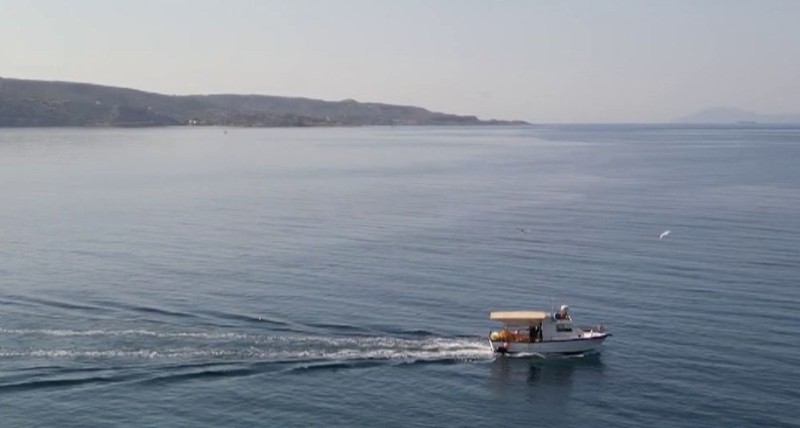The Alliance of Sahel States (AES), bringing together Burkina Faso, Mali, and Niger, represents a new power bloc in West Africa. Led by military governments that have severed ties with French influence, these countries are asserting their sovereignty while facing a major challenge: their landlocked geography.
Without direct access to the sea, they are heavily dependent on their neighbors for trade and supply routes.
In this context, relations with coastal countries have become a strategic priority.
Amid growing tensions with some of their neighbors — including Benin, Côte d’Ivoire, Algeria, Mauritania, and Libya — the AES must find alternative ways to secure access to maritime trade routes.
Ghana and Togo have emerged as key partners, while Morocco is proposing a bold solution: direct access to the Atlantic Ocean.
Burkina Faso: Between Isolation and the Need for Coastal Partnerships
Burkina Faso borders four countries with access to the sea: Benin, Ghana, Togo, and Côte d’Ivoire.
However, relations with Abidjan and Porto-Novo have significantly deteriorated since Captain Ibrahim Traoré came to power.
Côte d’Ivoire, historically aligned with France, maintains tense relations with the Burkinabe regime, which has shifted its allegiance toward Russia.
Benin, under President Patrice Talon, is perceived as too closely aligned with Western positions, leading to diplomatic tensions, particularly over the issue of freight transit to Ouagadougou.
Ghana and Togo: “Indispensable” Partners
In light of these tensions, Burkina Faso — which serves as a gateway to Niger and Mali — has no choice but to strengthen its ties with Ghana and Togo.
Ghana is the only non-AES African country that Captain Traoré has visited since taking power.
This symbolic visit highlights Accra’s strategic importance for Ouagadougou. The Port of Tema is now seen as a key entry point for Burkinabe imports.
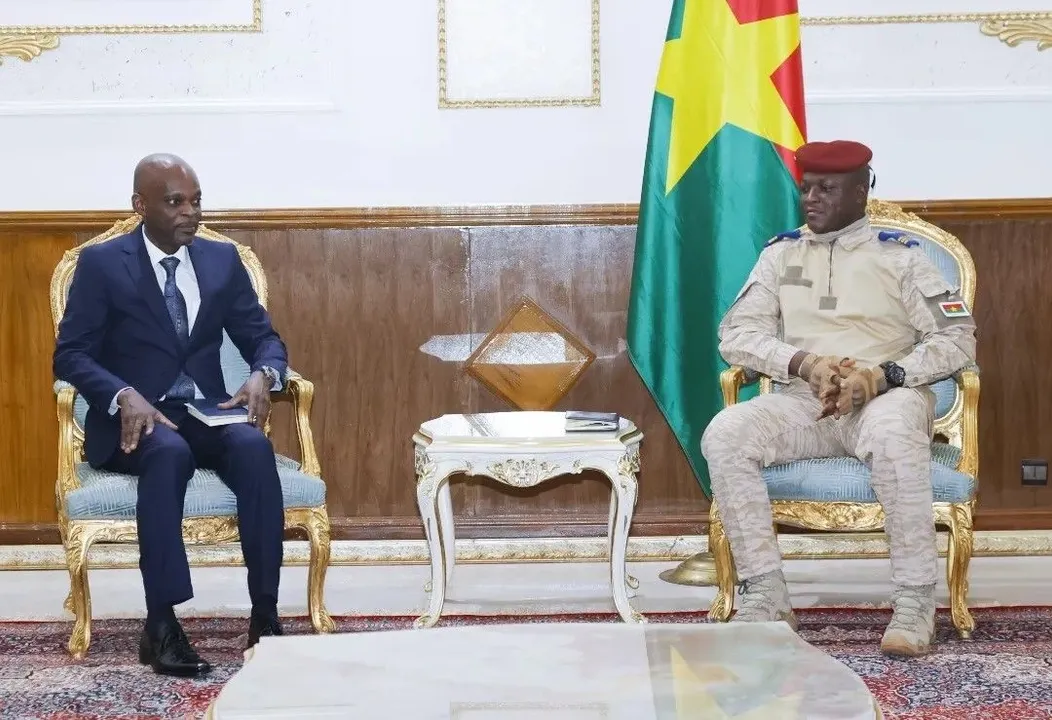
Togo, for its part, is multiplying gestures toward the AES.
Its Minister of Foreign Affairs, Robert Dussey, has openly discussed the possibility of joining the alliance, stating that it would offer “sea access to member countries.”
During the inauguration of Ghanaian President John Mahama in January 2025, Captain Ibrahim Traoré, invited as a special guest, reaffirmed his intent to deepen ties with Accra.
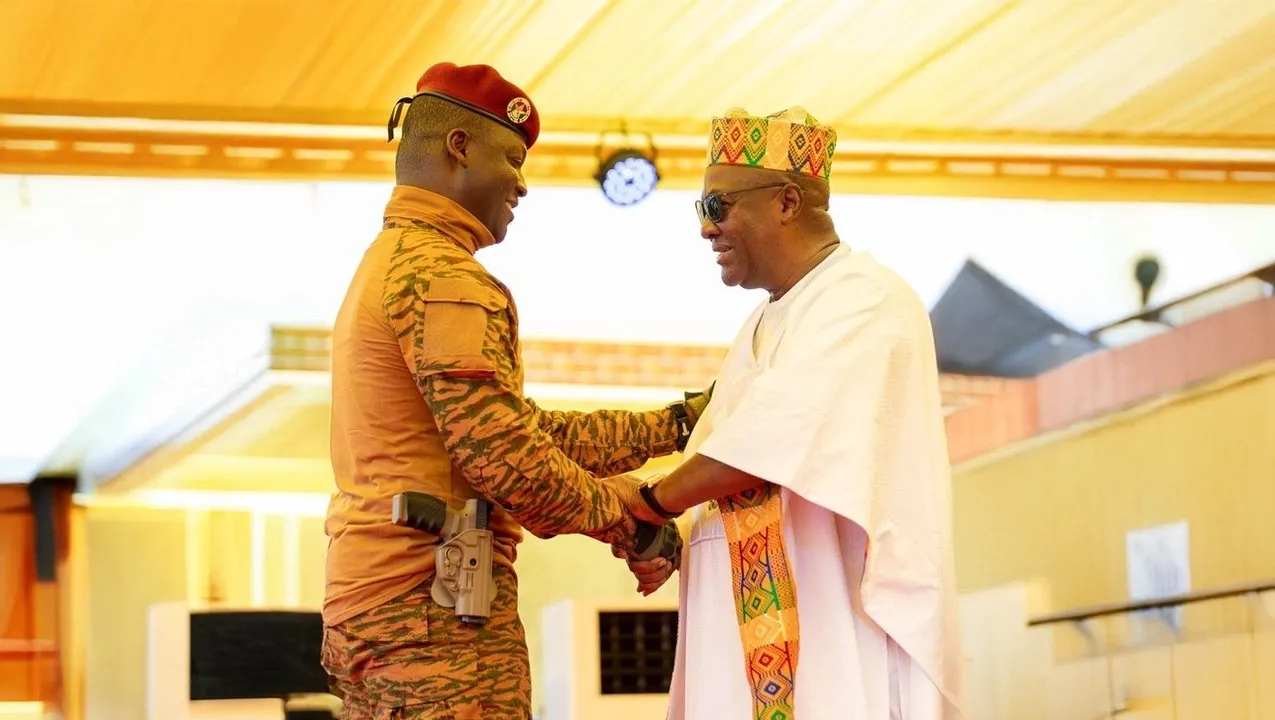
Mali: Strained Relations with Algeria and Mauritania
Algeria: A Border Under Tension
Relations between Bamako and Algiers have steadily deteriorated since the collapse of the Algiers Agreement signed in 2015, which had brought a temporary truce with armed groups in northern Mali.
In 2025, after the Algerian army shot down a Malian drone, both countries banned overflights of each other’s airspace.
This measure has directly impacted commercial flights and further isolated Mali.
Algiers is also wary of Mali’s growing ties with Morocco, which has proposed granting Atlantic Ocean access to AES member states.
Mauritania: Another Difficult Neighbor
Border incidents between Mali and Mauritania have recently increased. In December 2024, Malian troops and Wagner operatives detained around fifteen Mauritanian nationals near Fassala, a town in southern Mauritania. The group was later released following diplomatic pressure.
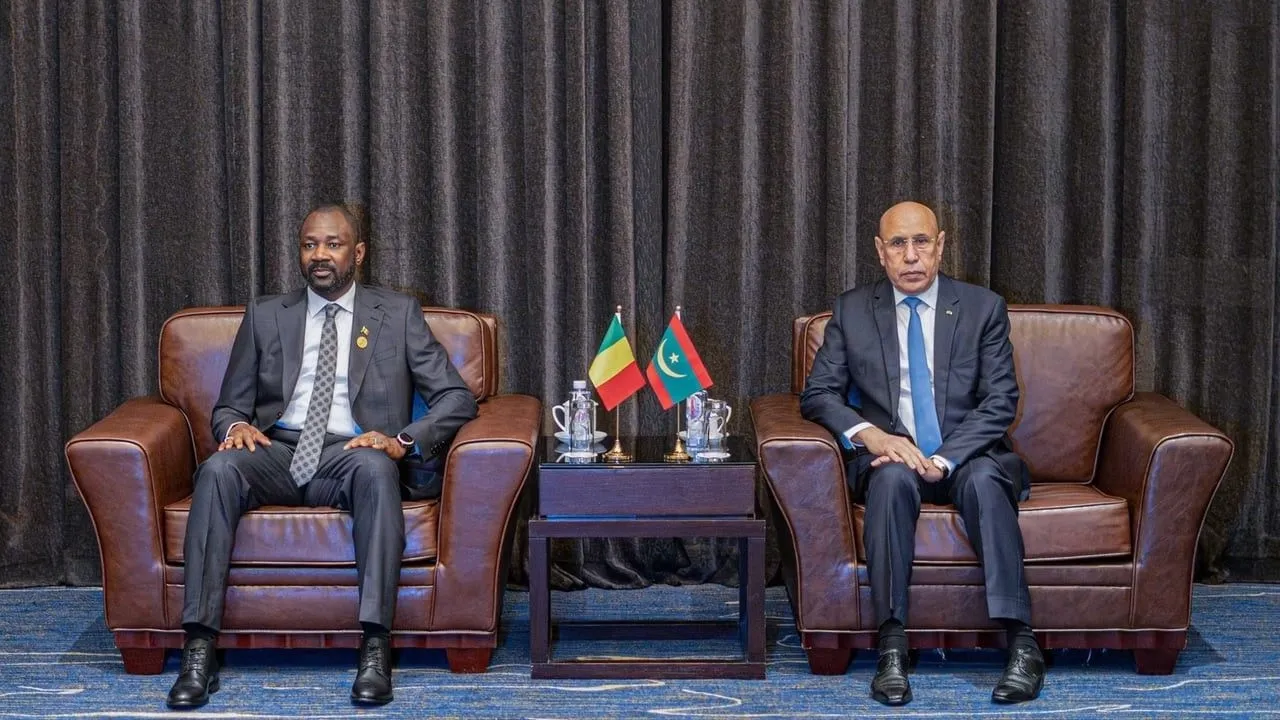
These tensions limit Mali’s access to Mauritania’s ports in Nouakchott and Nouadhibou, forcing Bamako to look for alternative routes.
Niger: Libya – A Constrained Maritime Access
Migration issues are a major source of tension between the two countries. Niger serves as a key transit hub for migratory flows toward Europe via Libya. However, relations between Niamey and Tripoli remain complex.
In 2024, more than 31,000 migrants were expelled from Algeria to Niger. In early 2025, 770 Nigerien nationals were also deported from Libya.
The Nigerien army regularly intervenes to rescue migrants stranded in the desert—as it did in March 2025, when 50 people were saved near the Libyan border.
These tensions complicate the use of Libyan ports for Nigerien trade, pushing Niamey to seek other supply routes.
Morocco’s Atlantic Access Project: A Long-Term Solution?
In November 2023, King Mohammed VI proposed granting the AES countries access to the Atlantic Ocean. This still-undefined project could take the form of a road network crossing Western Sahara—a disputed territory between Morocco and the Polisario Front.
If realized, it could reduce the AES countries’ dependence on Ivorian, Beninese, or Togolese ports and strengthen ties with Morocco, an increasingly important economic and military partner for the alliance.
During a 2025 meeting in Rabat, the foreign ministers of Mali, Niger, and Burkina Faso welcomed the initiative, though no concrete timeline has yet been announced.
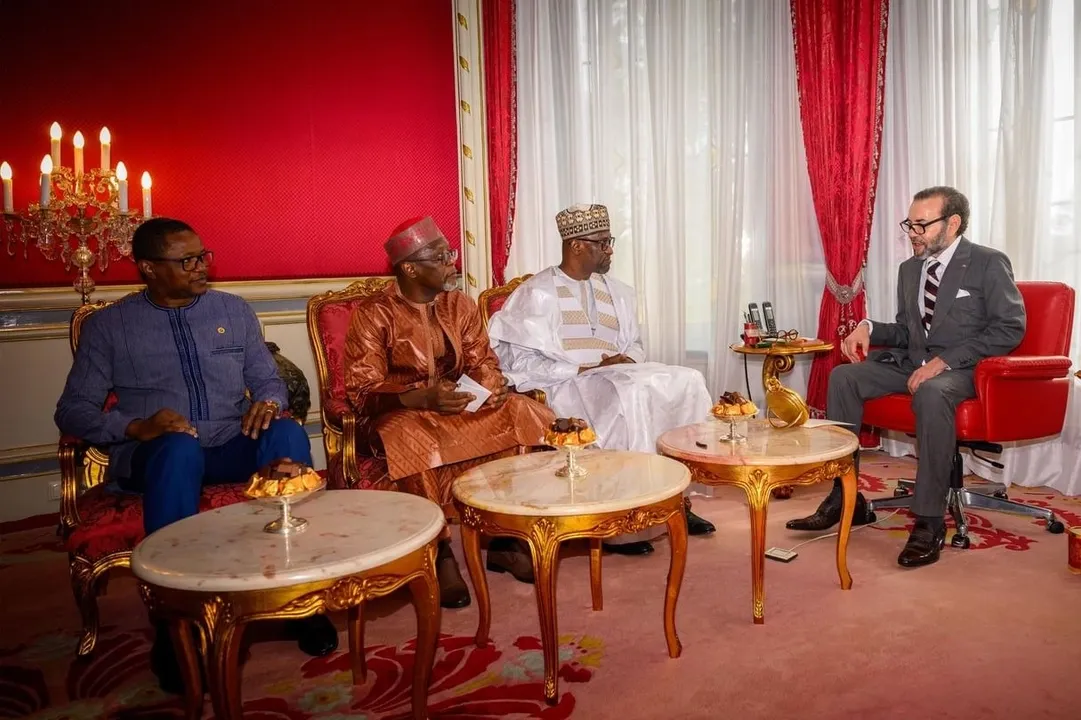
For the AES countries, access to the sea is a vital issue—both economically and geopolitically.
Tensions with several coastal neighbors are pushing them to diversify their partnerships, notably by strengthening ties with Ghana and Togo, and even considering Lomé’s potential accession to the Alliance.
Morocco’s proposed Atlantic access project offers a bold alternative, but its success will depend on shifting regional power dynamics.
The battle for the sea is far from over—and it may well shape the future of this emerging Sahelian alliance.
Source: TRT GLOBAL




